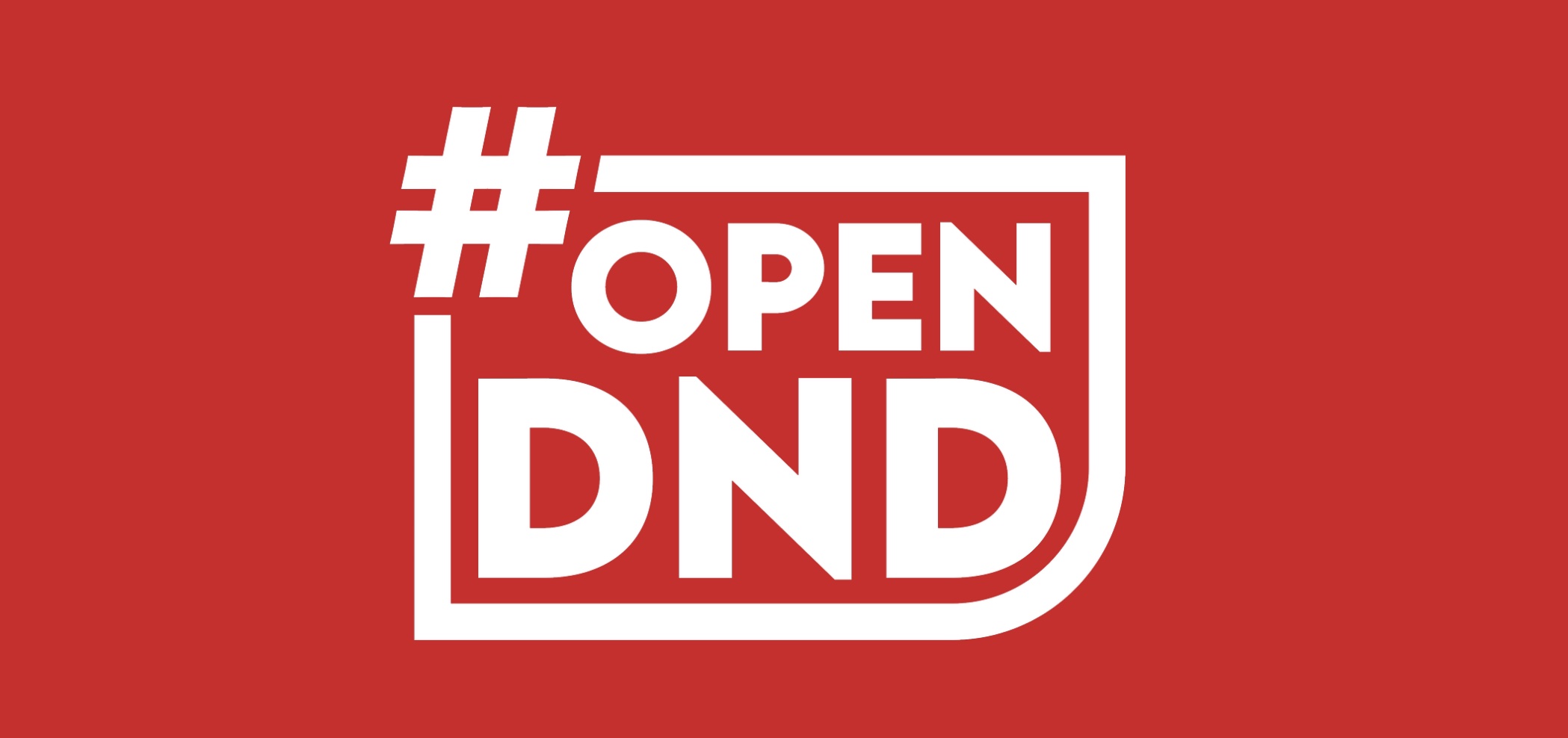
What Survives OpenDND?
What survives Wizard’s of the Coast’s ejection of the royalty-free ecosystem surrounding Dungeons & Dragons? Is this a Cambrian Explosion of true alternatives to D&D or a mass extinction event of low-margin companies that are losing their long-tenuous partnership with Wizards of the Coast?
In the software world, what WOTC did for the past 20 years is referred to as a “benign dictatorship.” Acting as the steward of a community surrounding an IP that it retained as 100% owned. WOTC did not donate Dungeons & Dragons and the SRD to gaming. What it did by operating with a share-friendly license is prevent the emergence of a true alternative to D&D. With the 3rd party ecosystem happily making money in the D&D world, no other system had a chance to develop critical mass. Systems other than D&D have remained fringe and not large enough for content creators to support. The Open community strategy of D&D acted as a deterrence to a true alternative but that strategy is ending.
All companies want to become the market place for monetization of their users. WOTC’s move to monetize more of D&D ends the era of “benign dictatorship” and enters a new phase, a phase where it will can act more as the actual marketplace for 3rd party content rather than just a steward. Amazon Web Services and Apple, among others, have proven the wisdom and of controlling the marketplaces in which 3rd parties monetize on their platforms. This is a sound business move unless it kills the innovation in the industry.
The OGL world didn’t generate many books that I used actively in my games, but the royalty-free ecosystem allowed for creative folks to take risks and let passion projects get bigger and bigger. The most innovative products have come from 3rd parties. I love my MCDM content from Matt Coleville. I became an expert at Roll20 and FoundryVTT, contributing to projects and communities in both. The energy an innovation of 3rd party creatives like Critical Role were a boost to WOTC and helped their project emerge into the border of mainstream popular culutre. Can that innovation survive if it is forced to pay large royalties?
I have no doubt that this event will set back the 3rd party ecosystem. My hope is that it creates the catalyst for creativity in role playing games that create the products and open communities that break the quarter century monopoly Wizards of the Coast has enjoyed. Can a new more diverse ecosystem develop after D&D. I hope so.
I’m running an in person SpellJammer Campaign right now, but I suspect I’ll be considering non-WOTC and a non-OGL system as my next game.
I cancelled my D&D Beyond auto-resubscribe. I signed the petition at https://opendnd.games/
But my real vote comes with my wallet. Let’s see what happens.